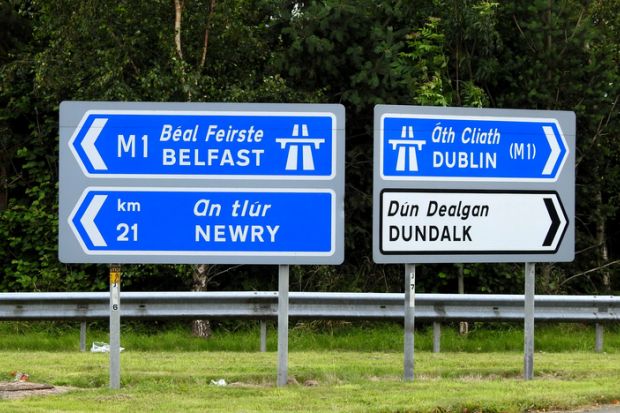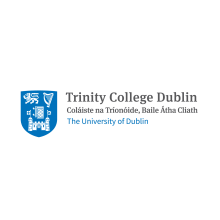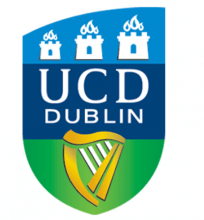Amid all the political jockeying in the wake of Sinn Féin’s breakthrough result in the Republic of Ireland’s general election on 8 February hangs the fate of the country’s beleaguered higher education sector.
While Micheál Martin’s Fianna Fáil party won the most seats, Sinn Féin won the most first preference votes and seems likely to play a role in the next government – even if Martin and the current prime minister Leo Varadkar, the leader of Fine Gael, continue to express reluctance to work with it.
Just like in the UK, student numbers have been on the rise in Ireland over the past decade. But while universities in England were protected from austerity by the tripling of tuition fees, successive Irish governments have failed to provide Ireland’s universities – which could well hold the key to future prosperity – with the resources they need to cope with growth.
Cuts imposed during this period have inevitably taken a toll on the sector’s reputation – with increasing class sizes, dwindling funding streams and ageing campus facilities all adding up to a poorer student experience and plummeting international rankings. Trinity College Dublin is now the only Irish university in the top 200 of the Times Higher Education 2020 World University Rankings, after University College Dublin fell out of it in 2017, but it plummeted 44 places, from 120th to 164th place, in the latest rankings. As well as UCD, another four Irish institutions are in the top 500, while three more can lay claim only to being in the top 1,000.
In 2016, political administrator and trade unionist Peter Cassells identified in a report commissioned by the Irish government that increased investment would be needed to recover Ireland’s higher education and research potential. Yet, four years on, Irish universities are still struggling against underfunding.
That struggle has proved a saving grace for UK universities worried about the impact of Brexit. As a predominantly English-speaking country sharing a land border with the UK, one might have expected Ireland to rub its hands at the prospect of luring disaffected UK academics and hoovering up increased demand from EU students put off by the idea of making the UK their home. Yet, instead, Ireland found itself fearing that Brexit would leave Irish universities unable to cope with the demand for English-language instruction from Erasmus students unless the EU was willing to put in place special compensatory measures to allow them to accept more students.
Martin, who has a strong chance of becoming the new Taoiseach, has long advocated for Irish universities. Speaking at the Irish Universities Association’s inaugural “Future of Ireland” series last July, he said that Irish higher education is under “real pressure”, which is likely to get “much, much worse in the next decade unless we start acting now”. He suggested that the “creation of a separate department of higher education and research might be the only way to guarantee both the real priority for this area and to provide strategic leadership”. The fact that Martin reiterated this pledge as part of his party’s general election campaign just last month is sure to get Irish university leaders excited.
However, Sinn Féin has promised “an all-Ireland education system”, calling for greater north-south cooperation in research and development. While this may sound attractive, the effect may be that the party will resist the reforms in Northern Ireland that are desperately needed to allow the higher education sector there to flourish. Currently, the province’s two universities receive significantly less income per student than universities elsewhere in the UK and are unable to meet the domestic demand for places.
However, Sinn Féin also sits in the Northern Ireland Executive, where it holds the important finance portfolio. It seems likely to resist any measures, such as an increase in tuition fees, that would take Northern Ireland closer to England’s rather than Ireland’s funding model. Hence, Northern Irish institutions could find their ongoing battles for more resources tied up more than ever with political wrangling south of the border.
Diana Beech is head of government affairs at the University of Warwick. She was previously a policy adviser for three UK universities ministers.
POSTSCRIPT:
Print headline: Cross-border tenterhooks
Register to continue
Why register?
- Registration is free and only takes a moment
- Once registered, you can read 3 articles a month
- Sign up for our newsletter
Subscribe
Or subscribe for unlimited access to:
- Unlimited access to news, views, insights & reviews
- Digital editions
- Digital access to THE’s university and college rankings analysis
Already registered or a current subscriber? Login











